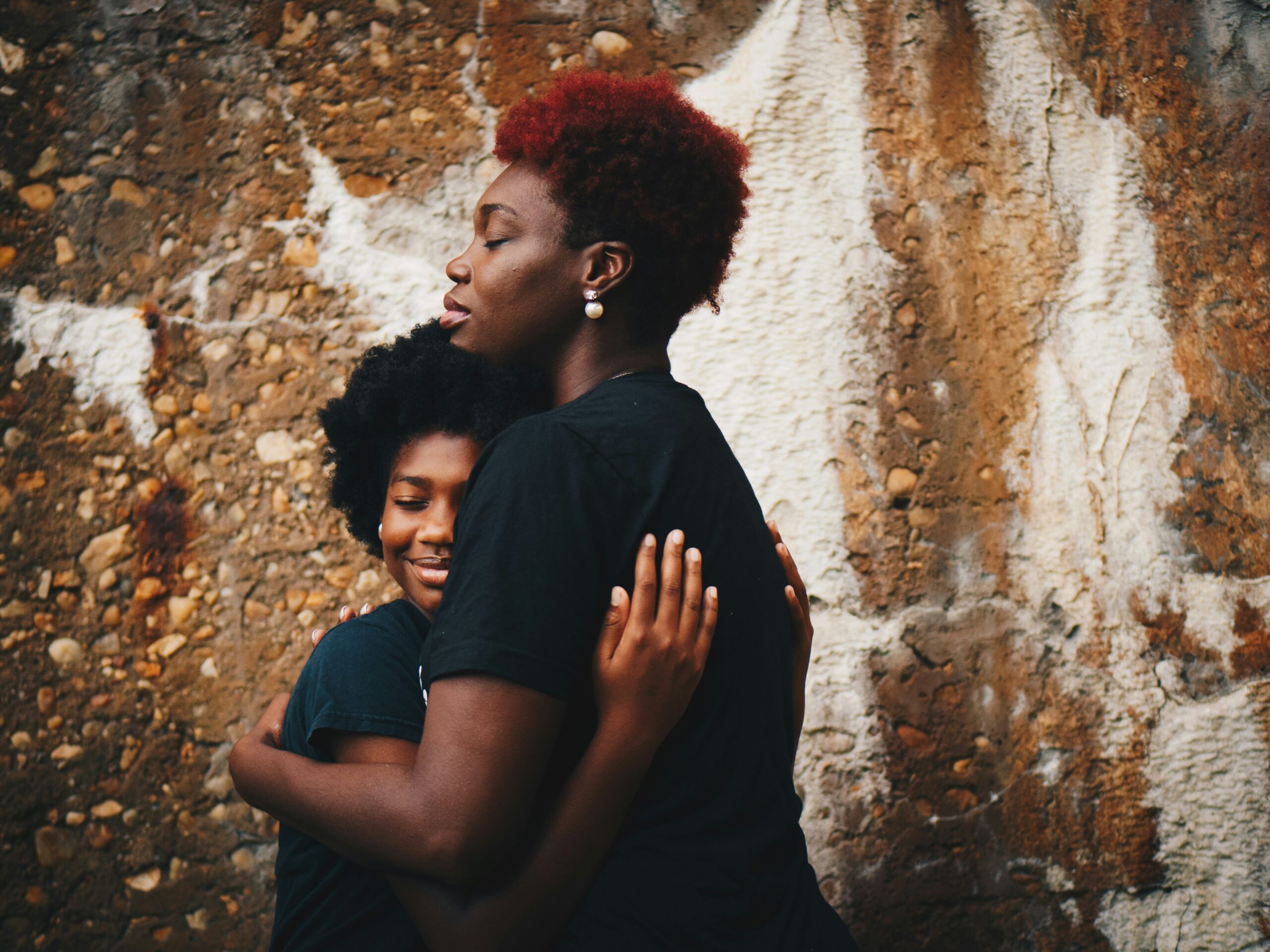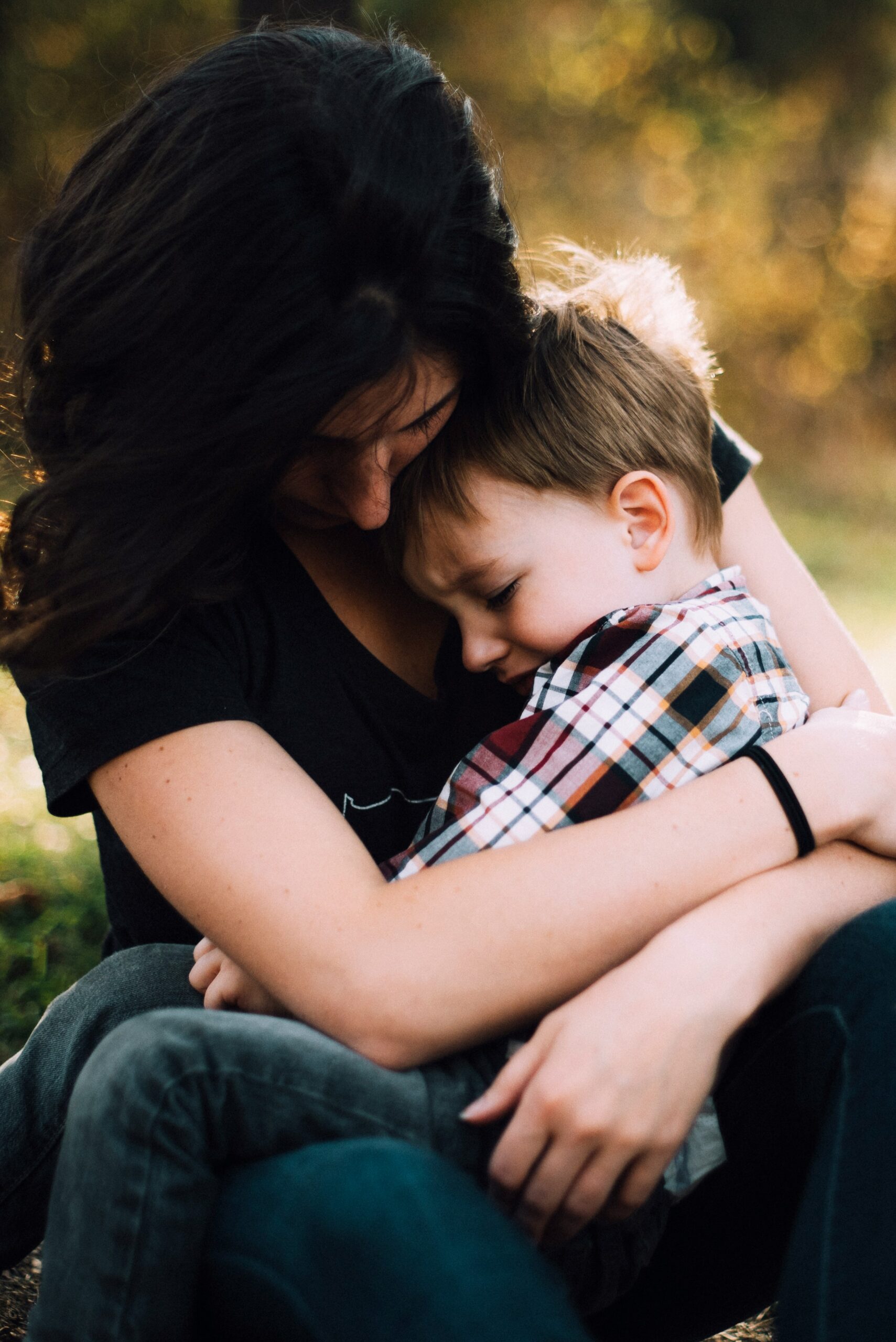Parenting a child with Obsessive-Compulsive Disorder (OCD) can be challenging, but understanding how to provide the right support can make a significant difference. OCD is a condition characterized by intrusive thoughts (obsessions) and repetitive behaviors (compulsions) that a person feels compelled to perform. As you can imagine, these symptoms can be distressing and disruptive to a child’s life. As a parent, it can be hard for you too. The good news is, that there are several strategies you can employ to help your child manage OCD effectively while fostering their independence and confidence. We’re going to talk about those today.
If you want to dive even deeper into helping your child with OCD (and making sure you are supporting without accommodating), sign up for my class here. I personally have struggled with OCD and anxiety since I was a child, and have been working with others for over 15 years now (so trust me when I say, I know what I’m talking about here).
Now, let’s jump into what you can do!

1. Educate Yourself About OCD
The first step in supporting your child is to educate yourself about OCD. It can be hard to explain OCD to someone who doesn’t have it. Getting to know more about the disorder, what it looks like, and how it can be treated can really help you support your child better. You can find helpful info in books, trustworthy websites, and by talking to professionals. The more you learn about OCD, the better you’ll be at telling the difference between your child’s personality and the symptoms of their disorder. This way, you can respond in a way that truly helps them. Reading this is a good place to start!
2. Create a Supportive Environment
It probably goes without saying, but a supportive home environment is important for a child with OCD. It can help to establish a routine that provides structure and predictability, as this can help reduce anxiety. Make sure that your child knows they are loved and accepted regardless of their OCD symptoms. Plus, celebrate their successes and be patient with setbacks. A nurturing environment can boost your child’s resilience and confidence in managing their symptoms.
3. Encourage Open Communication
Talking openly with your child is super important for understanding what they’re going through and giving them the support they need. Encourage them to share their feelings and thoughts without worrying about being judged. When you really listen and show empathy, it helps them feel understood and less alone. Try having regular family meetings or one-on-one chats to give them a chance to talk about their struggles and any progress they’re making.
4. Learn and Practice ERP
Exposure and Response Prevention (ERP) is a highly effective evidence-based treatment for OCD. ERP involves exposing the individual to situations that trigger their obsessions and helping them resist the urge to perform compulsions. I talk about it in detail in my OCD and Anxiety Recovery Blueprint.
As a parent, learning about ERP can enable you to support your child’s treatment. Working with a trained therapist, you can practice ERP techniques at home, reinforcing the skills your child learns in therapy. This hands-on approach can significantly enhance your child’s progress.

5. Avoid Accommodating OCD Behaviors
This one might just be the hardest. It might seem like a good idea to give in to your child’s OCD behaviors to make them feel better in the moment, but this can actually make things worse in the long run. For instance, if your child keeps asking for reassurance and you always give it, they might keep needing more reassurance. Instead, try to encourage them to handle the discomfort and not give in to their compulsions. This way, they can build coping skills and their symptoms can get better over time. This is another reason why I don’t think talk therapy is effective for people with OCD (and I’d go as far as to say it can make things a lot worse!).
If you want to go even deeper into this, a great resource for loved ones is my masterclass on how to support without accommodating. This course breaks down how OCD works, why it’s important not to get involved in compulsions, and offers practical strategies to support your loved ones in a positive way. My goal is to help you feel more confident in helping without accidentally making things worse. For more info and to sign up, check out the details here.
6. Foster Independence and Confidence
Next, helping your child build independence and confidence is key in managing OCD. Encourage them to take on tasks that are right for their age and make their own decisions. I know I said this above, but celebrate their efforts and achievements, no matter how small they are. Boosting their sense of competence and independence can empower them to tackle challenges and rely less on OCD behaviors to cope.
7. Practice Self-Care as a Parent
Listen, I know that supporting a child with OCD can be really draining, both emotionally and physically. It’s super important to take care of yourself so you can stay well too. Make sure you set aside time for activities that recharge you and make you happy. Don’t hesitate to reach out to friends, family, or support groups to share your experiences and get some encouragement. Remember, looking after yourself helps you be a better and more compassionate caregiver for your child.

Supporting Your Child with OCD
Supporting a child with OCD involves a combination of education, empathy, and proactive strategies. By learning about OCD, creating a supportive home, encouraging open talks, and getting into effective treatments like ERP, you can really help your child manage their symptoms.
It goes without saying that supporting your child with OCD is a journey that takes patience, persistence, and compassion. By using these strategies and finding more of the right resources, you can help your child face their challenges and thrive. Your support can make a huge difference in their journey to effectively manage OCD. Thank you for caring enough to read this until the end! You’ve got this!
most popular episodes
Love my podcast?
Episode 112: Postpartum OCD and False Memory OCD
Imagine how in depth I can go in an online course. Instantly downloadable and game-changing. Take the next step towards an amazing life.